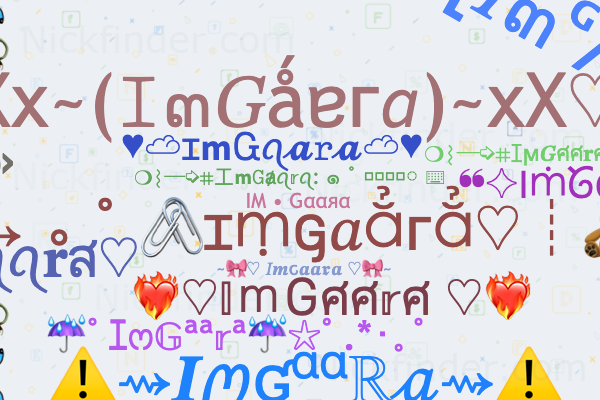ANIMAL SCIENCE: Duck Life Cycle, Traits, Adaptations, and Animal
Por um escritor misterioso
Last updated 10 novembro 2024

Get ready for some exciting animal science with this ANIMAL SCIENCE: Duck Life Cycle, Traits, Adaptations, and Animal Groups NGSS Project! This project is designed to provide an engaging and interactive learning experience for students who are interested in exploring the fascinating world of animal science. With our Du
Get ready for some exciting animal science with this ANIMAL SCIENCE: Duck Life Cycle, Traits, Adaptations, and Animal Groups NGSS Project! This project is designed to provide an engaging and interactive learning experience for students who are interested in exploring the fascinating world of animal science. With our Duck NGSS Project, students will gain an in-depth understanding of the life cycle, variations of traits, adaptations, and animal groups of creatures in an ecosystem. They will learn about the unique and diverse life cycles of organisms, how some animals form groups to help members survive, and how traits can be influenced by the environment. This hands-on, 3D project includes learning pages and a range of materials for students to create a 3D structure out of poster board to showcase their understanding of these biological elements in a duck family. Students will also get to unleash their creativity by creating habitats using coloring utensils, paper, or natural items they collect from outside! Our ANIMAL SCIENCE: Duck Life Cycle, Traits, Adaptations, and Animal Groups NGSS Project is NGSS-aligned, and includes a teacher guide, student guide, project explanation, answer keys, and a directed drawing page. It covers NGSS standards 3-LS1-1, 3-LS2-1, 3-LS3-1, and 3-LS3-2, ensuring that your students meet the necessary requirements for their grade level. Overall, this project is an exciting and fun way to engage students in the fascinating world of animal science. It is perfect for parents looking to provide their kids with an engaging and interactive learning experience that covers a range of important NGSS standards. Get your ANIMAL SCIENCE: Duck Life Cycle, Traits, Adaptations, and Animal Groups NGSS Project today and watch your students' curiosity and love for science grow! What's included? -1 NGSS-aligned project -4 Learning Pages -1 Exit Ticket -Teacher Guide -Student Guide -Project Explanation -Answer Keys -Directed Drawing Page What standards are completed? -NGSS 3-LS1-1, Develop models to describe that organisms have unique and diverse life cycles but all have in common birth, growth, reproduction, and death. -NGSS 3-LS2-1, Construct an argument that some animals form groups that help members survive. -NGSS 3-LS3-1, Use evidence to support the explanation that traits can be influenced by the environment. -NGSS 3-LS3-2, Analyze and interpret data to provide evidence that plants and animals have traits inherited from parents and that variation of these traits exists in a group of similar organisms. Hope you enjoy! -Abbey Allen Owner & Designer of ARTventurous Animals
Get ready for some exciting animal science with this ANIMAL SCIENCE: Duck Life Cycle, Traits, Adaptations, and Animal Groups NGSS Project! This project is designed to provide an engaging and interactive learning experience for students who are interested in exploring the fascinating world of animal science. With our Duck NGSS Project, students will gain an in-depth understanding of the life cycle, variations of traits, adaptations, and animal groups of creatures in an ecosystem. They will learn about the unique and diverse life cycles of organisms, how some animals form groups to help members survive, and how traits can be influenced by the environment. This hands-on, 3D project includes learning pages and a range of materials for students to create a 3D structure out of poster board to showcase their understanding of these biological elements in a duck family. Students will also get to unleash their creativity by creating habitats using coloring utensils, paper, or natural items they collect from outside! Our ANIMAL SCIENCE: Duck Life Cycle, Traits, Adaptations, and Animal Groups NGSS Project is NGSS-aligned, and includes a teacher guide, student guide, project explanation, answer keys, and a directed drawing page. It covers NGSS standards 3-LS1-1, 3-LS2-1, 3-LS3-1, and 3-LS3-2, ensuring that your students meet the necessary requirements for their grade level. Overall, this project is an exciting and fun way to engage students in the fascinating world of animal science. It is perfect for parents looking to provide their kids with an engaging and interactive learning experience that covers a range of important NGSS standards. Get your ANIMAL SCIENCE: Duck Life Cycle, Traits, Adaptations, and Animal Groups NGSS Project today and watch your students' curiosity and love for science grow! What's included? -1 NGSS-aligned project -4 Learning Pages -1 Exit Ticket -Teacher Guide -Student Guide -Project Explanation -Answer Keys -Directed Drawing Page What standards are completed? -NGSS 3-LS1-1, Develop models to describe that organisms have unique and diverse life cycles but all have in common birth, growth, reproduction, and death. -NGSS 3-LS2-1, Construct an argument that some animals form groups that help members survive. -NGSS 3-LS3-1, Use evidence to support the explanation that traits can be influenced by the environment. -NGSS 3-LS3-2, Analyze and interpret data to provide evidence that plants and animals have traits inherited from parents and that variation of these traits exists in a group of similar organisms. Hope you enjoy! -Abbey Allen Owner & Designer of ARTventurous Animals

Animal Adaptations – American Kennel Club

Parasite infection and the movement of the aquatic snail

This dinosaur may have had a body like a duck's

Webbed Feet Animals: Lesson for Kids - Video & Lesson Transcript
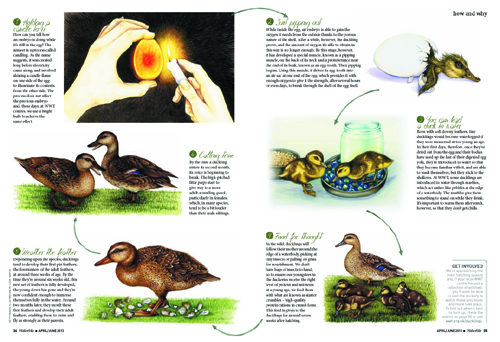
Duckling life cycle for WWT by illustrator Lizzie Harper - Lizzie
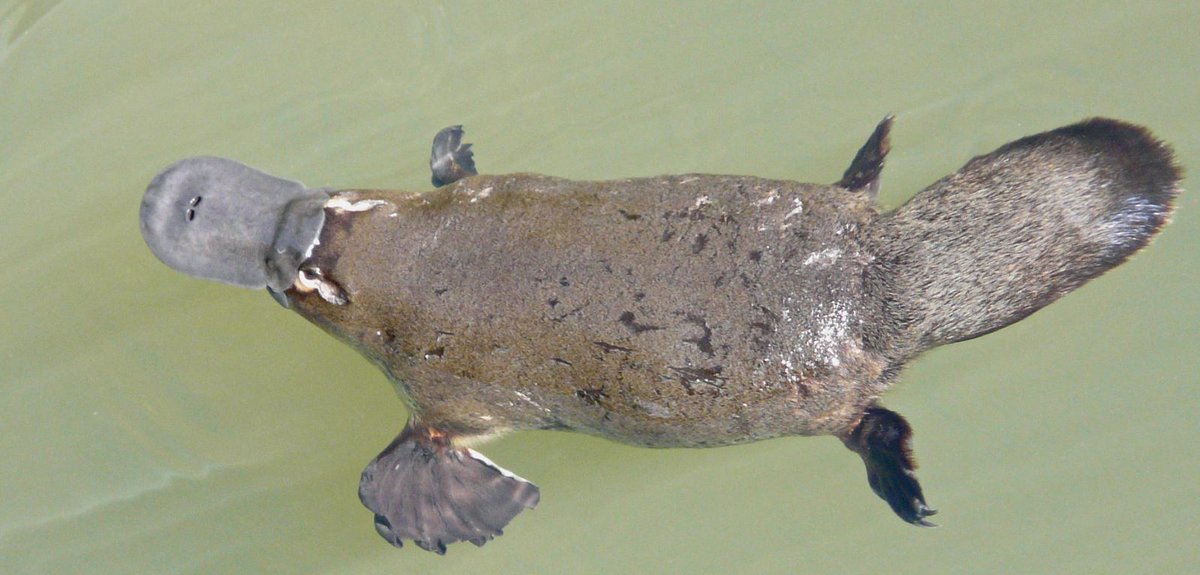
Platypus - The Australian Museum
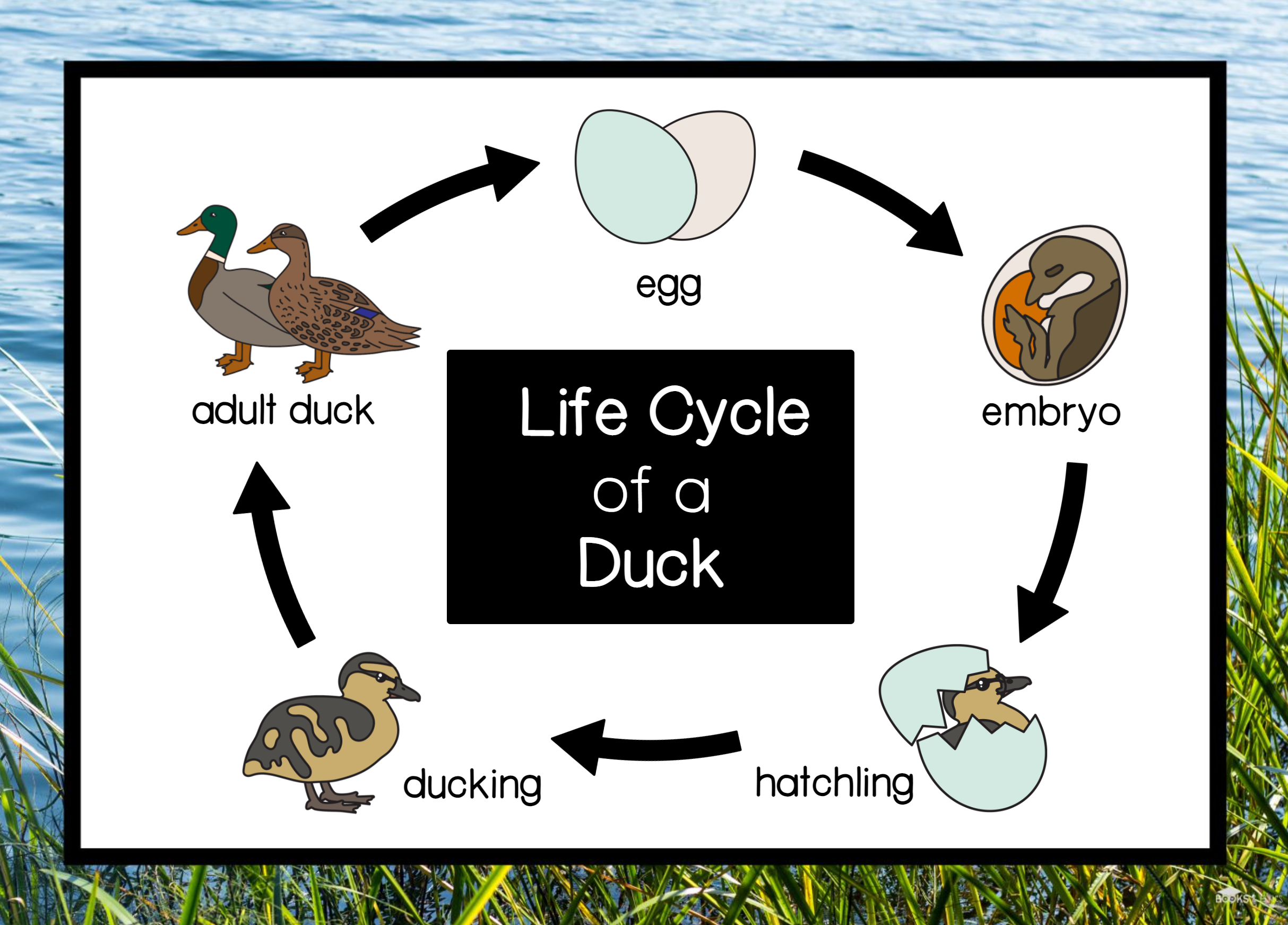
Duck life cycle book recommendations and lesson ideas. — Books
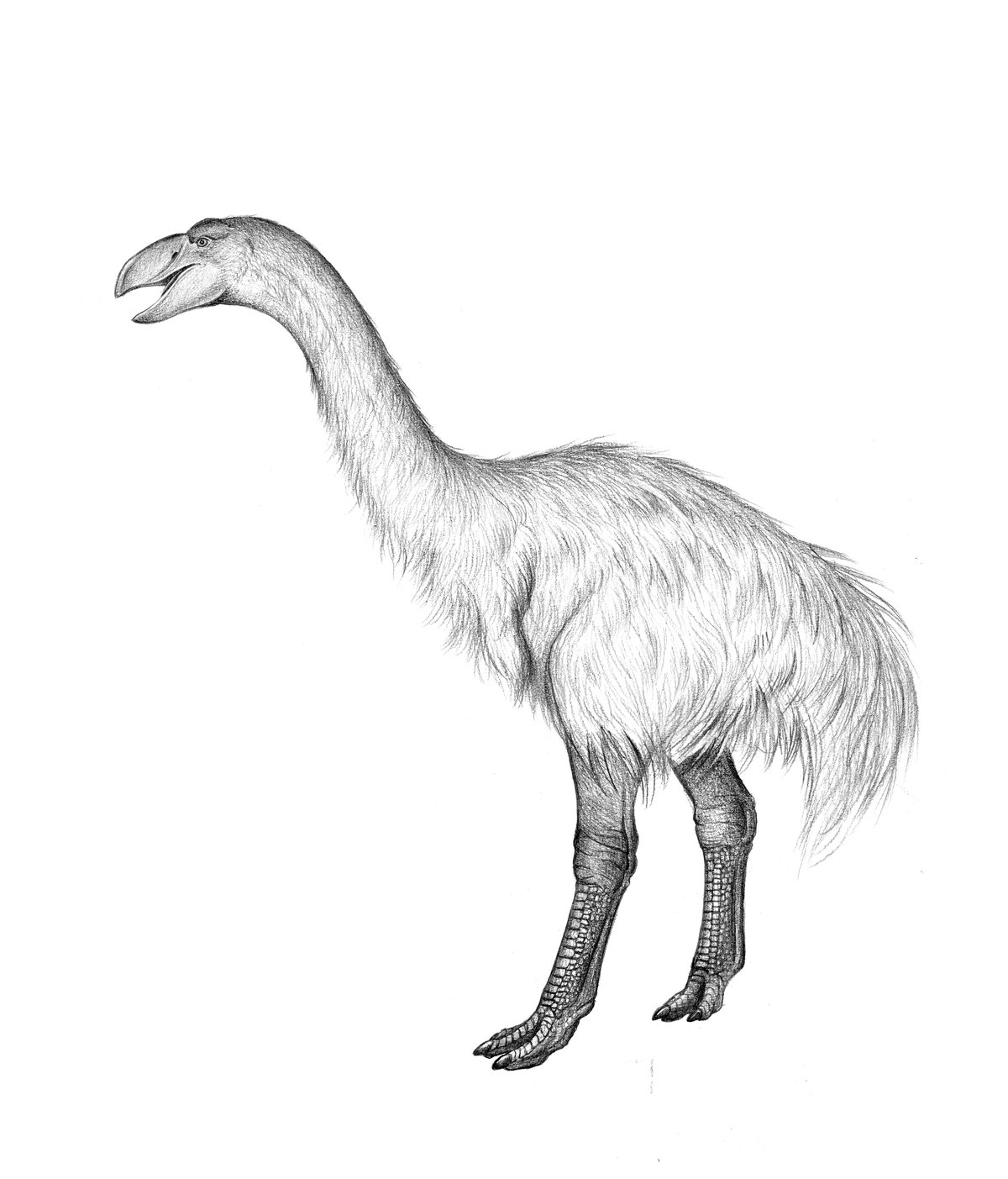
Dromornis planei (Bullockornis planei) - The Australian Museum

Duck - Wikipedia
Recomendado para você
você pode gostar

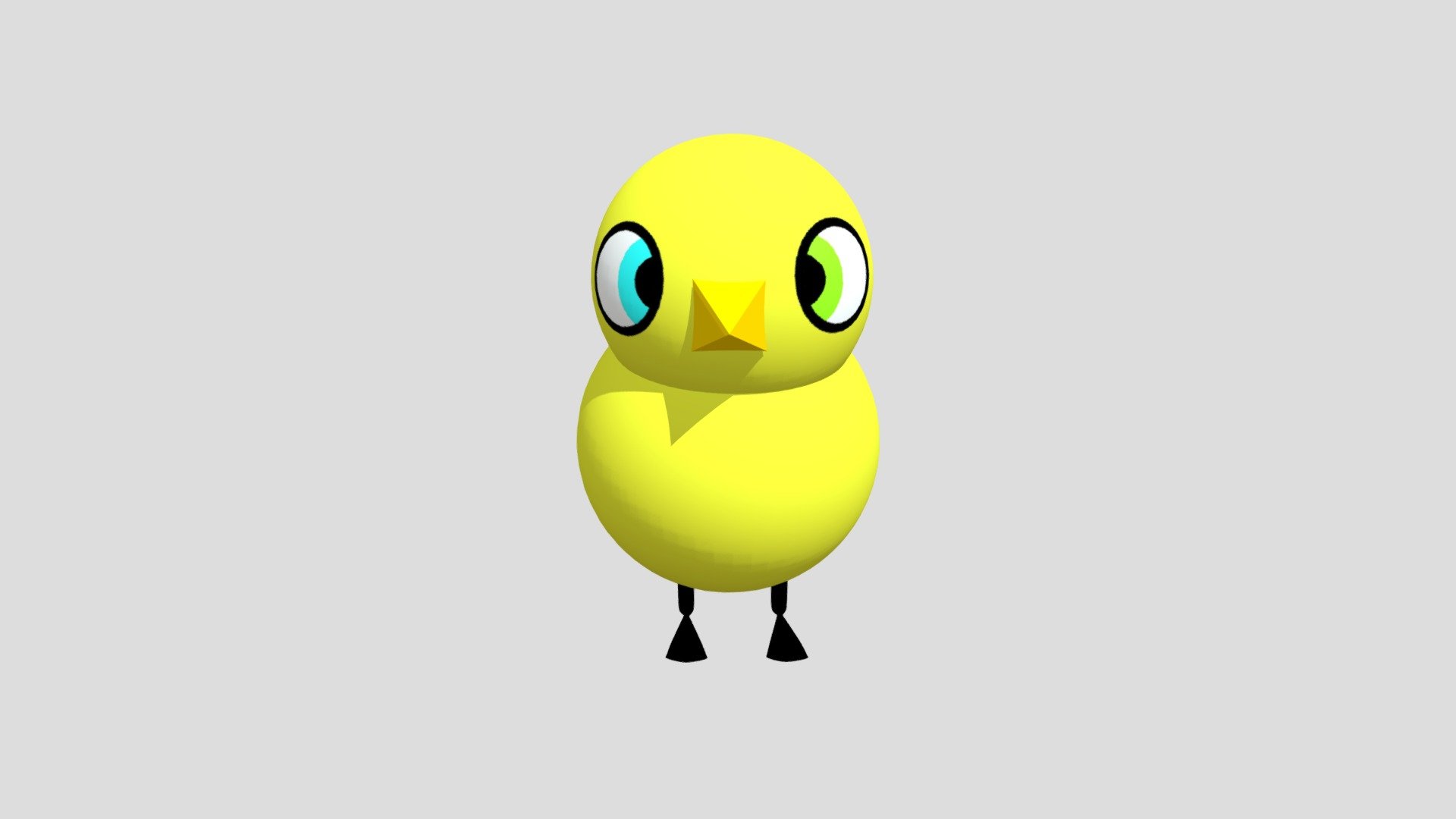

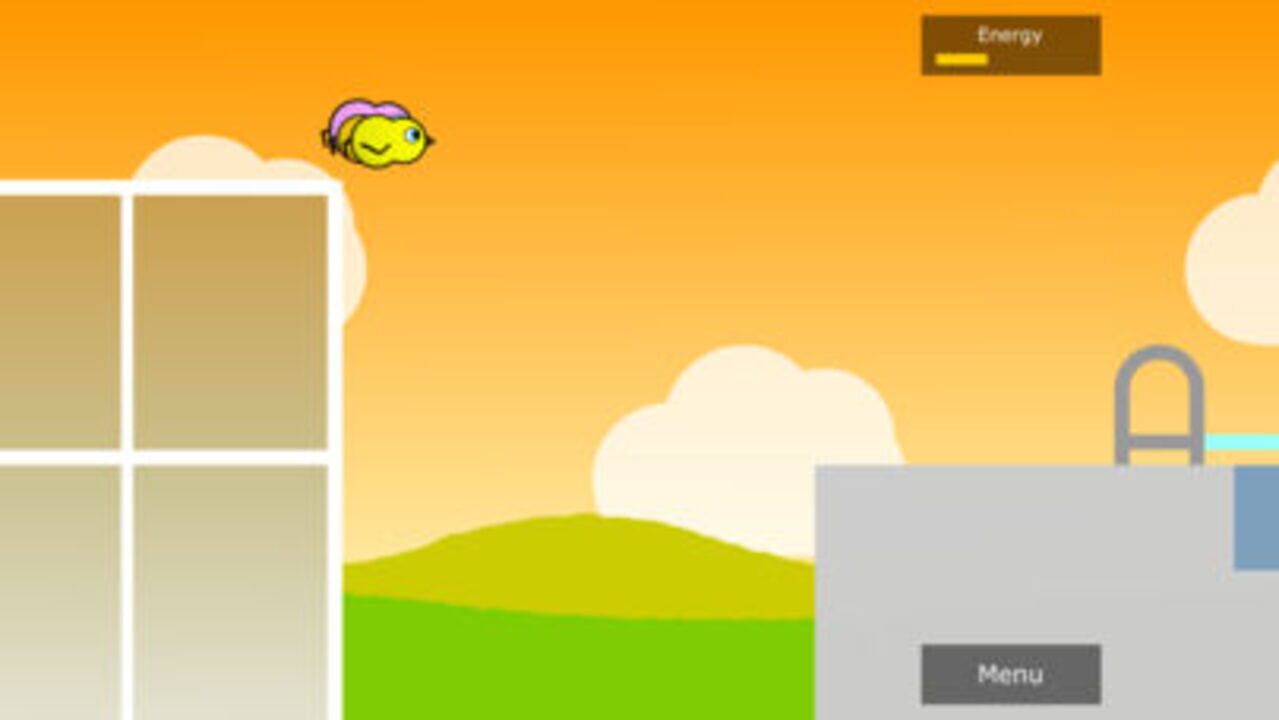

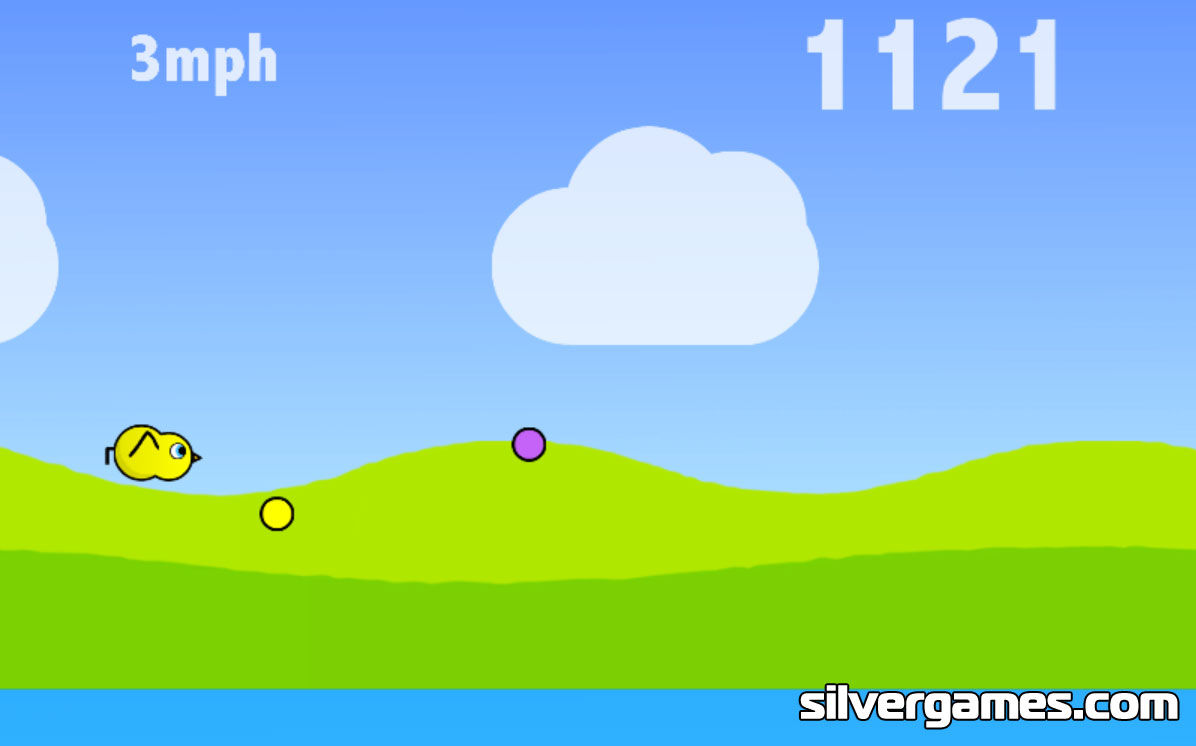
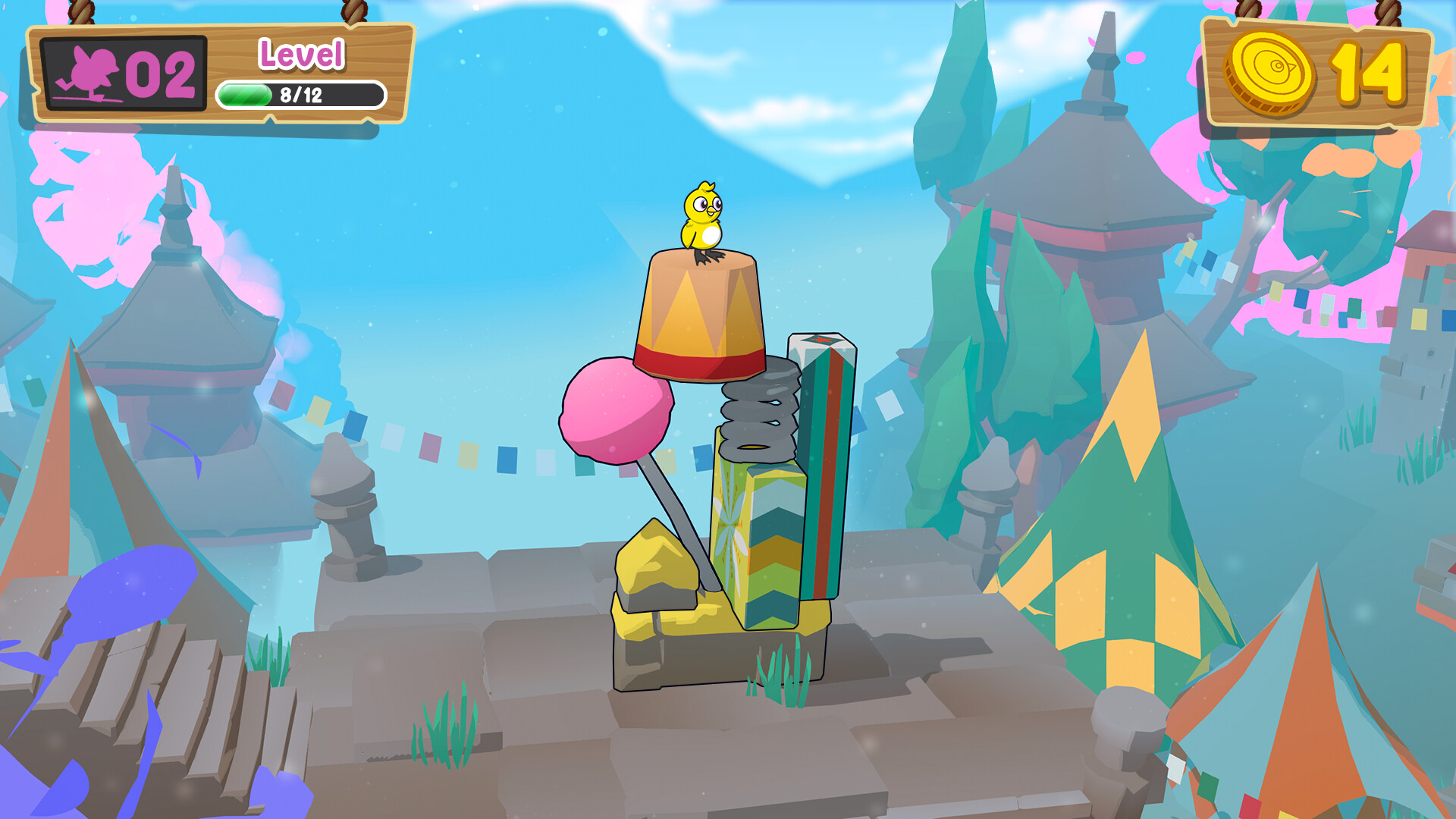
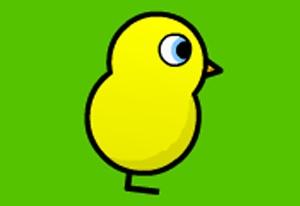
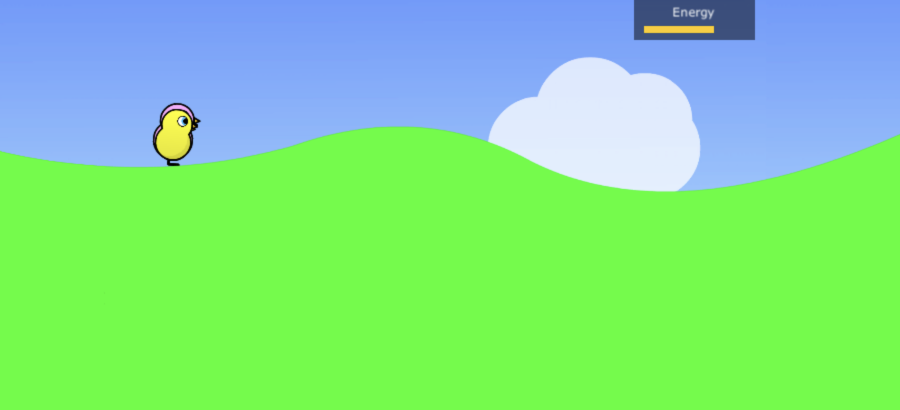


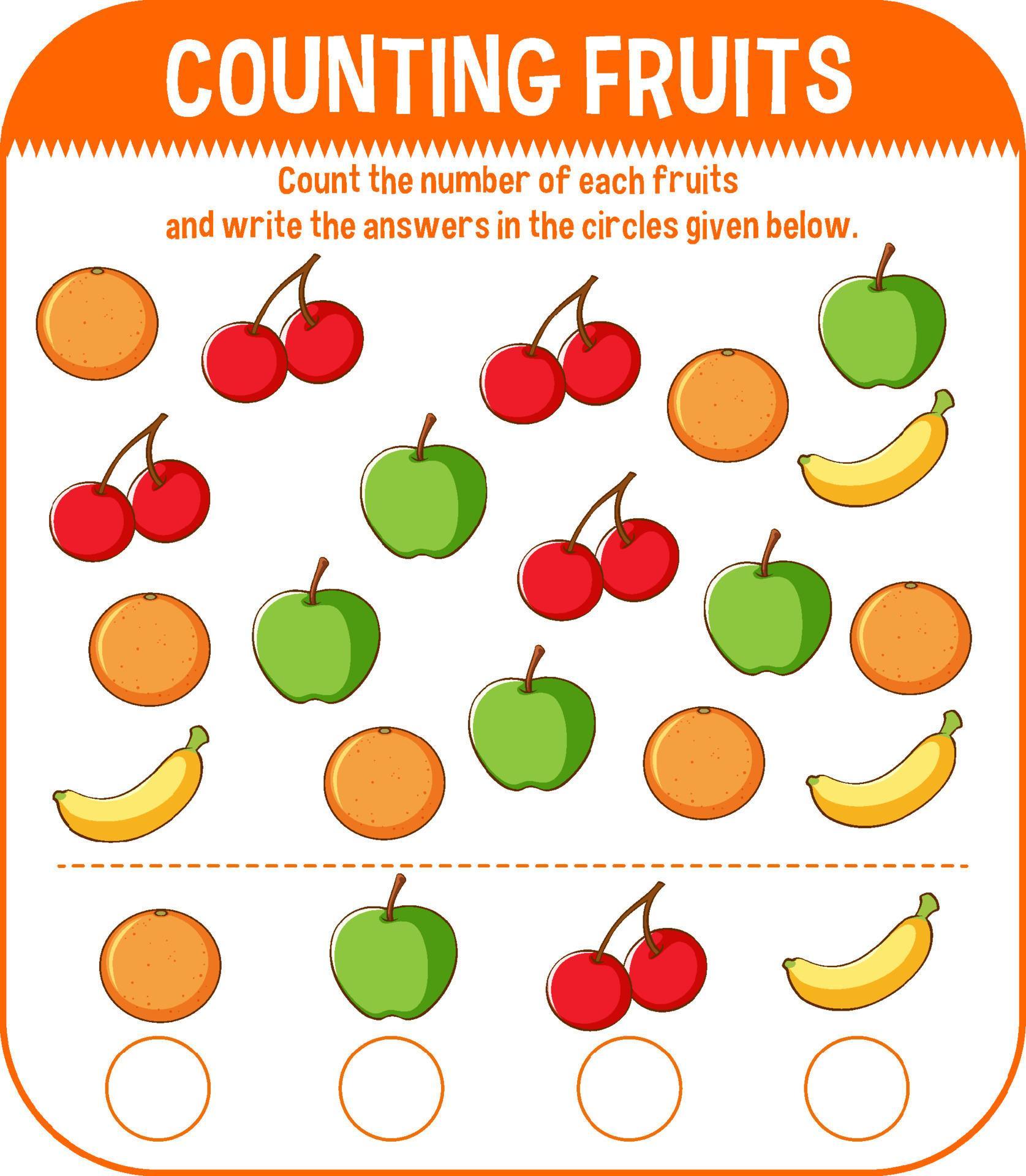


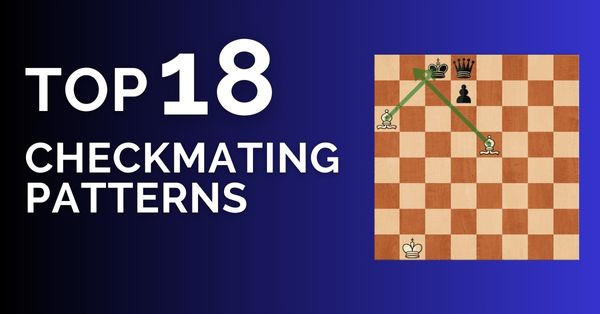

![r/anime Karma & Poll Ranking Week 3 [Winter 2022] : r/anime](https://i.redd.it/3e8gw0qswfd81.png)
